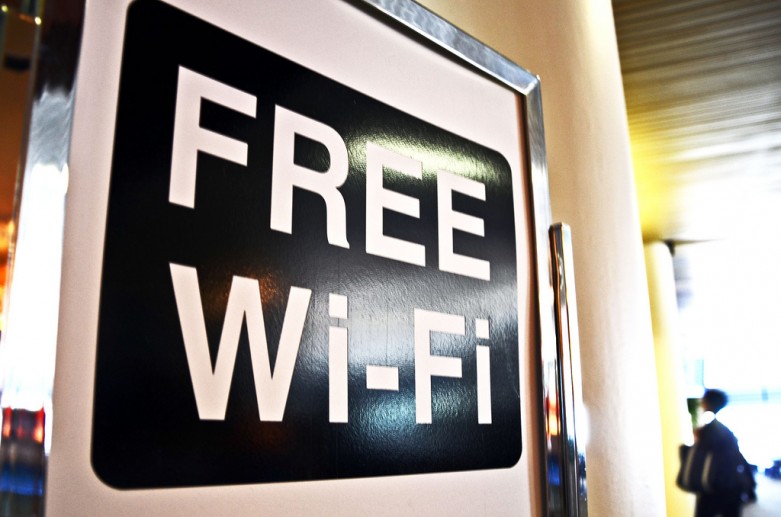
(Not So) Free Wi-Fi
On Jan. 18, we celebrated the first annual Internet Freedom Day — marking the one-year anniversary of the day millions of activists stopped Congress from passing the Stop Online Privacy Act (SOPA). The moment reminded us once again (not that we need much reminding) of the power big companies continue to wield over our freedom to connect.
Now the battle is playing out on other fronts as the content, broadband and wireless industries continue to threaten our ability to access information online — and our right to use our mobile devices as we see fit.
Having failed to garner sufficient congressional support for SOPA, the powerful content industry (big Hollywood studios, the Recording Industry of America, etc.) has now partnered with equally powerful Internet service providers like AT&T, Comcast and Time Warner Cable to hatch a “Six Strikes” plan that may threaten the availability of free public Wi-Fi.
Under this plan, the major ISPs have voluntarily agreed to assume policing duties on the content industry’s behalf by adopting escalating punishments — like throttling Internet speeds and making connections barely usable — for copyright violations.
Perhaps the biggest problem is that the “Six Strikes” plan will apply equally to individuals and small businesses that don’t purchase expensive, business-class Wi-Fi service — meaning that the free Wi-Fi offered by your local neighborhood café may also be at risk.
Also under attack is our ability to decide how we use our mobile devices. Major wireless carriers are using a little-known provision of the Digital Millennium Copyright Act to limit how consumers can use these devices.
For example, unlocking your mobile phone so that the phone can operate on other wireless networks expands consumer choice by allowing customers to escape expensive wireless contracts. Although unlocking was once perfectly legal, the practice has now been declared illegal, thanks to lobbying from the wireless industry. The real-world implications of this rule change are uncertain, but what is certain is the continuing danger posed by corporations deciding how we can use our devices.
While we beat back SOPA, corporations are resilient and their resources are endless. We must remain vigilant of their continuing assaults on the Internet and technology, and the very real dangers these assaults pose to our digital rights and freedoms.
Original photo by Flickr user Charleston's The Digital